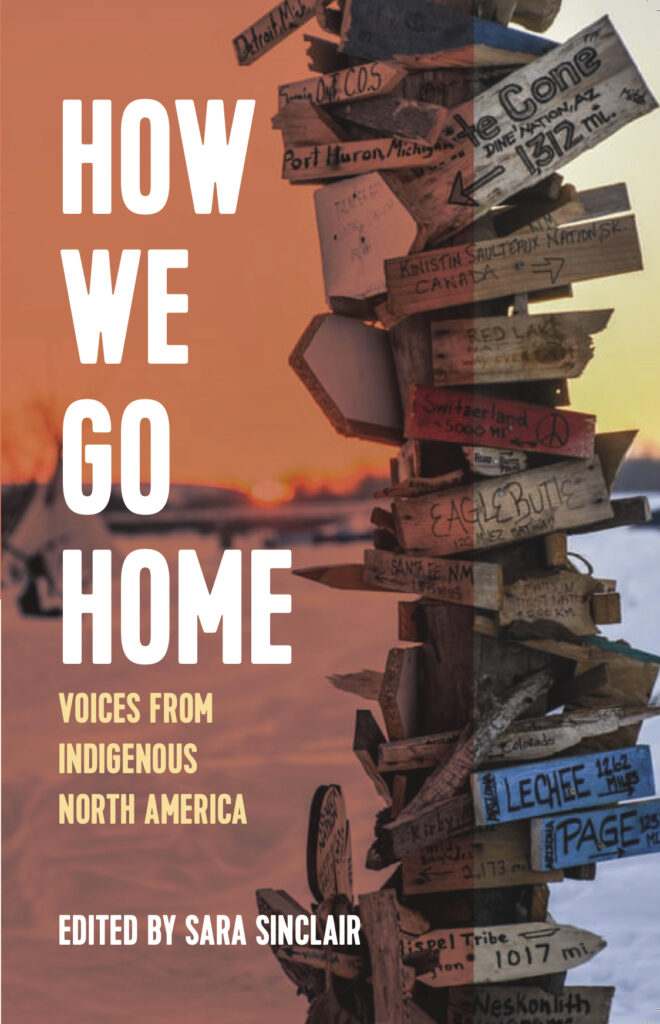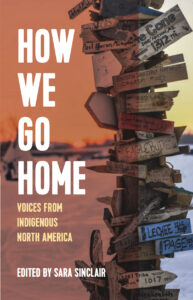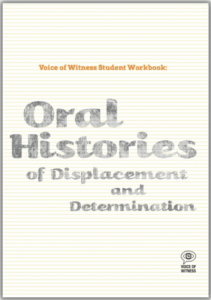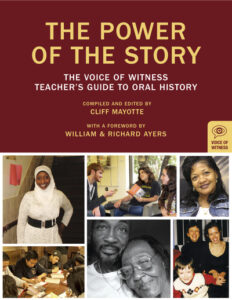The lessons in this unit explore oral history narratives from How We Go Home: Voices from Indigenous North America to promote a nuanced, empathy-based understanding of the issues facing Indigenous communities. They urge students and teachers to think critically about colonialism and interrelated issues, including: identity, intergenerational trauma, healthcare, policing, Indigenous rights, resource extraction, and resistance. Thematic connections to an Ethnic Studies framework can be found in the curriculum map. These lessons will help your students explore the following questions:
- What role does colonialism play in the oppression of Indigenous peoples?
- What factors help Indigenous peoples succeed in the face of oppression?
Grades: High school, with additional resources for higher ed. Lessons can also be adapted for English language learners.
Time Needed: Entire curriculum covers approximately 2.5 weeks of class time. However, each lesson can be taught separately.
Objectives:
- Students will explore intersectional identities, making personal connections and examining the impacts of oppression.
- Students will participate in critical discussion around Indigenous rights, using evidence from central and supplementary texts.
- Students will engage with activist art, responding to existing art pieces and creating their own piece on community-led change.
Download Free Curriculum
* Required fields
My students are curious and eager to learn more about the Indigenous communities, but don’t have a starting place. In my experience with VOW so far, oral history is the perfect place to start because there are so many different stories in one book. Instead of only having students experience one story, they can experience many, which in turn shapes their perspective so much more deeply.
Maria Kaimana
teacher at Impact Academy of Arts and Technology
About the Oral Histories
How We Go Home: Voices from Indigenous North America shares contemporary first-person stories in the long and ongoing fight to protect Native land, rights, and life. These oral histories are shaped by loss, injustice, community, resistance, and the struggle to share space with settler nations. Hear from: Jasilyn Charger, who kickstarted a movement of Water Protectors at Standing Rock that roused the world; Gladys Radek, whose niece’s disappearance led her to become a family advocate for the National Inquiry into Missing and Murdered Indigenous Women and Girls; Ervin Chartrand, whose early experiences in the carceral system inform his documentaries on the overrepresentation of Indigenous people within the prison system today; and many more.

Decolonize the Curriculum: An Interview
The Elective interviewed curriculum specialist Suzanne Methot about developing lessons for How We Go Home, her advice for teachers who want to add Indigenous experience to their lessons, and the changes she has seen in the conversation around Indigenous education.




